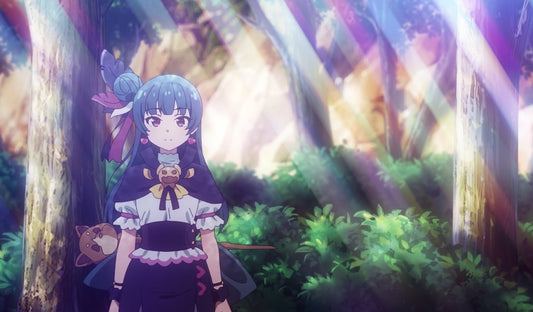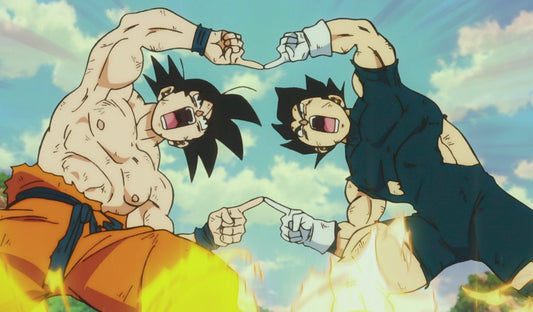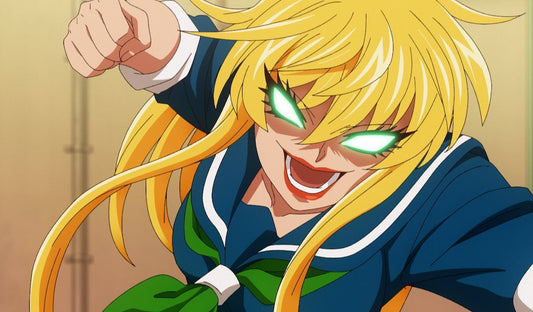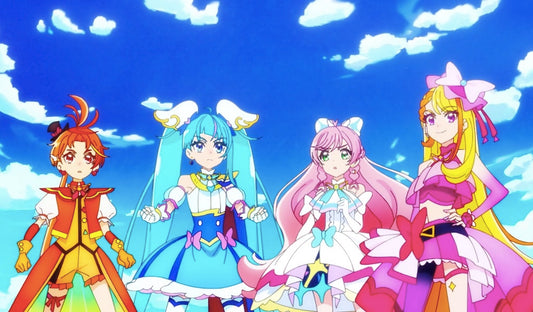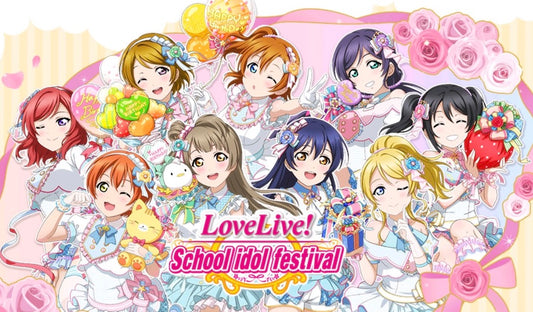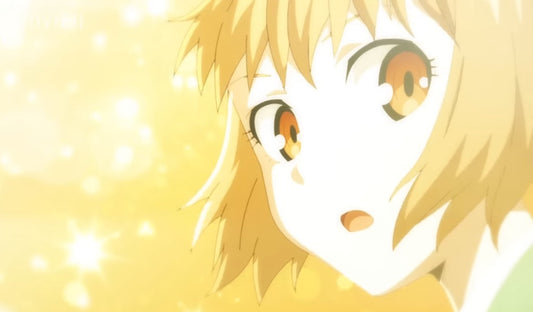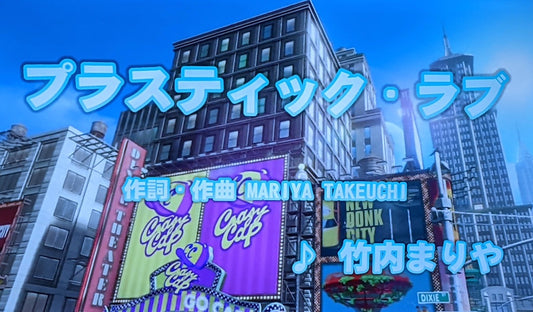Mobile Games Are Temporary, But Their Anime Are Forever
Carl LiShare
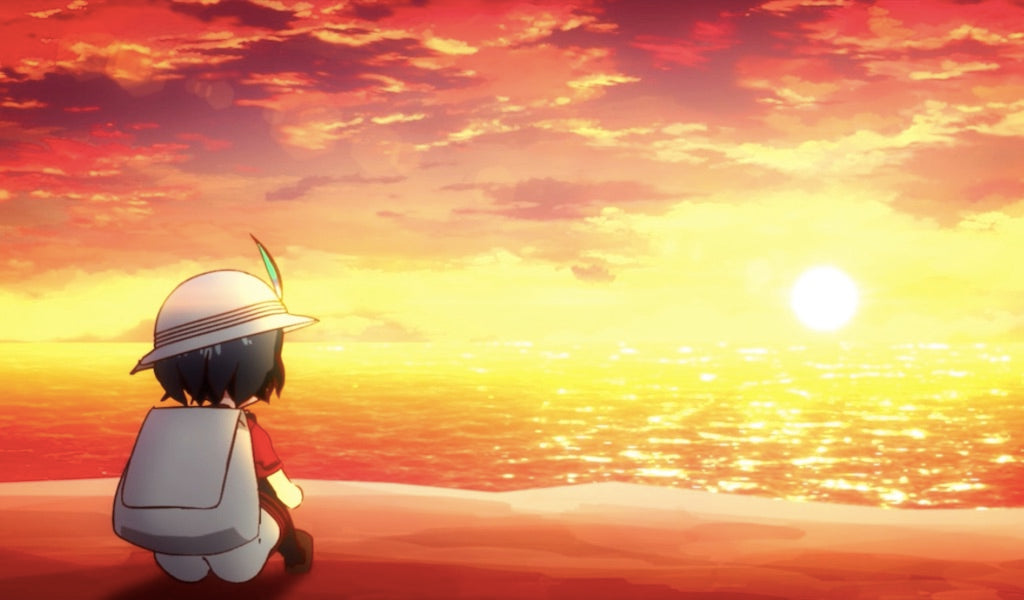

In 2017, one of the biggest jokes about the sleeper hit anime Kemono Friends was that it was based on a defunct mobile game. The show exceeded all expectations and should have been the perfect gateway to attract potential players, but that was out of the question. Even after a successor game launched in 2018, there was the sense that the mobile game felt ephemeral, whereas the anime version had a sense of permanence. The more I’ve thought about this contrast, the more I’ve come to realize that it’s a common theme among mobile games and their adaptations.
The Limits of Mobile Games
Mobile games (especially ones with prominent gacha systems) have been a juggernaut for many years now. Type-Moon, once a big fish in a little pond due to its success in the visual novel genre, is now one of the most successful game companies around thanks to Fate/Grand Order. The downside is that mobile games require a lot of upkeep, between the need to continuously generate new stories to ensure that players stick around and the necessary cost of maintaining servers. Whether a game remains accessible for ten months or ten years, there’s always the possibility that the servers for your favorite game will shut down permanently. No matter how many Japanese iTunes cards you’ve purchased to get your favorite characters, all you’ll be left with is the experience of having once played.
Mobile Games vs. Anime
Anime is in another boat. While much of it is technically just “data” and therefore not so different from mobile games, it’s much more common for anime to be archived and also made available as some kind of physical media. And even if an anime doesn’t end up on a blu-ray or DVD, the possibility of that someday happening is far greater than a mobile game coming back. After all, re-releases of anime happen regularly, but I’ve never heard of a mobile game server reviving without some serious fan-side intervention.
Anime Adaptations Provide a Legacy in Media
In that sense, while the goal of most anime versions of mobile games is to act as very detailed 25-minute commercials, they could very well be the “offspring” that allows a given franchise to endure long after its time has passed. The resulting anime could be forgettable and mediocre, or it could be a real gem like Fate/Grand Order, Rage of Bahamut Genesis, and Princess Connect: Re-Dive. Either way, there’s a perception of these adaptations having a greater sense of permanence compared to the mobile originals, especially because it’s assumed anime can and will be re-watched.
Surpassing One’s “Parents”
This might be an overly flowery analogy, but I find the contrasting relationship between the two mediums to somewhat resemble that of parent and child. The anime-as-child bears many similarities to its parent, but it’ll never be a perfect replica of what it came from. At the same time, its very existence contributes to the continued memory of the mobile game, and the very fact that anime feels less fleeting than mobile games due to its tradition of physical media means it can carry on the name effectively. In some cases—as with Kemono Friends—the offspring might even surpass its predecessor in the eyes of fans, but that’s not necessary.
A Final Note: In Memoriam to the Lesser Games
Perhaps most tragic are the mobile games that never have the chance to see themselves adapted into anime, unable to leave a legacy beyond its immediate players. In that sense, maybe even the most lackluster of anime adaptations have a purpose.
